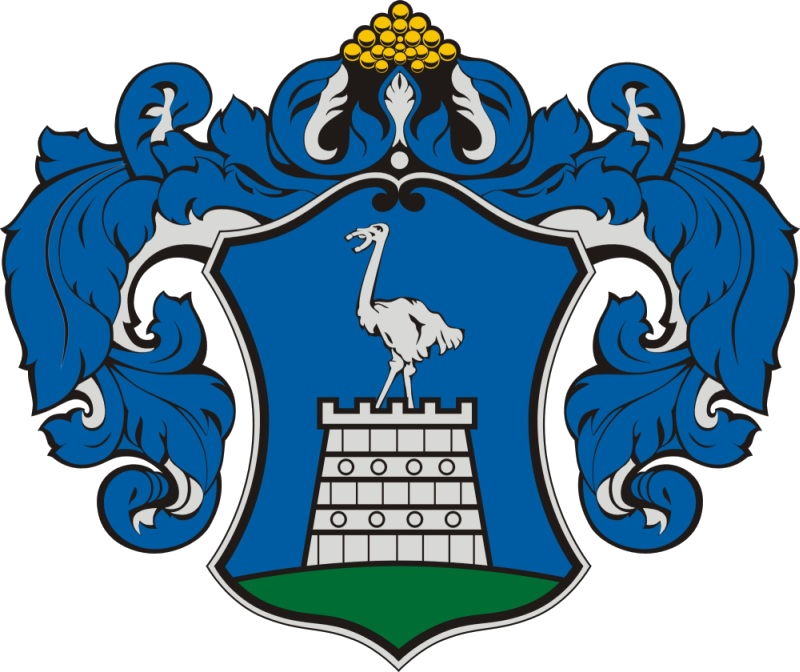Contact person(s): Regina Rosta-Pethő petho.regina@vasmegye.hu
Project summary:
SMOOTY project intends to support policy-makers in planning mobility in low density rural areas to implement their accessibility with effective, environmentally and economically sustainable solutions to fight marginalisation and depopulation of these regions and improve their competitiveness.
The importance of preserving the quality of life in rural areas is fundamental, as underlined in the European Commission's Communication to the Parliament No 345 of 2021, where it is highlighted that 30% of the entire European population lives in these regions whose inhabitants occupy 80% of the EU's territory, outlining a strategic vision of long-term development (Vision 2040).
SMOOTY project, starting from above considerations and from the general objective of making rural areas stronger, better connected, more accessible, more resilient and prosperous, seeks to identify, document and share good practices capable of solving the problems of accessibility and mobility inside those areas, enhancing the concept of "intramobility" and searching for sustainable solutions of innovative and alternative modes of transport.
Accessibility in weak areas is a topic addressed by previous INTERREG projects which, however, focused mainly on solving the connectivity of those areas with main cities. SMOOTY, instead, intends to implement the possibilities to reach destinations and points of interest “within” rural areas with low population density, offering similar opportunities to users but reducing the distances to be covered and the impact on traffic and transport service costs.
The project aims to find and offer the most suitable non-conventional mobility solutions, tailored to partnership’s needs, able to satisfy local communities and visitors’ demand of transport. Improving this kind of accessibility allows to enhance the value of rural areas and induces people to settle therein, thus fighting development “traps” and increasing, instead, the economic potential of marginalised areas.
Lead partner:
Province of Livorno (Italy)
Project partnership:
Kujawsko-Pomorskie Voivodeship (Poland)
Vas County Government Office (Hungary)
Southern Regional Assembly (Ireland)
AMAL - Intermunicipal Community of Algarve (Portugal)
Oulu university of applied sciences (Finland)
City of Zajecar (Serbia)
Association “Lviv Agglomeration” (Ukraine)
West Pannon Regional and Economic Development Public Nonprofit Ltd. (Hungary)
Municipality of Siikalatva (Finland)
„The project is realized in the Interreg Europe Program with the co-financing of the ERDF, the European Union and Hungary.”





